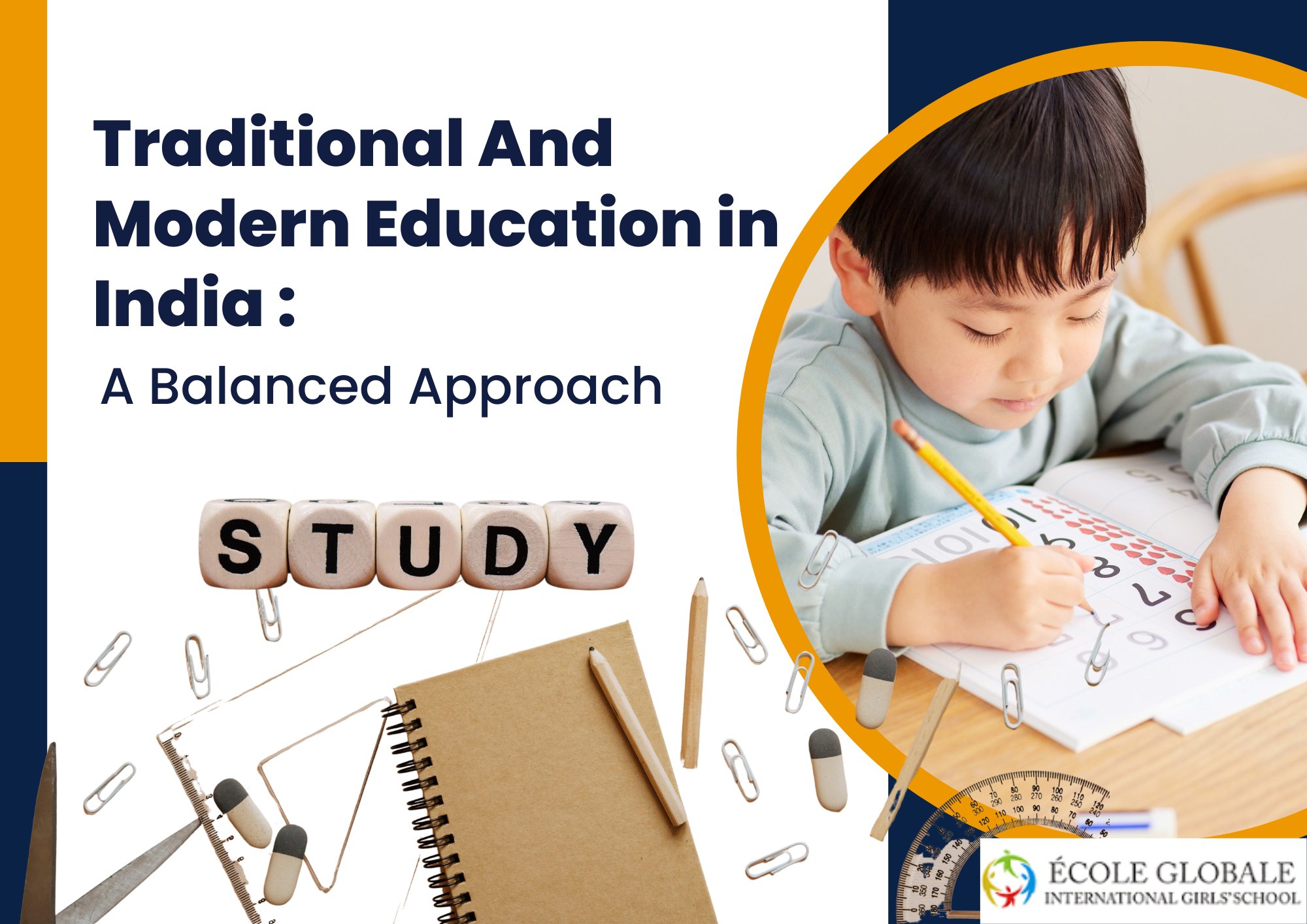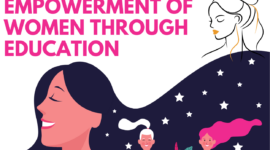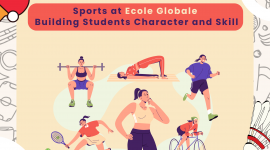Traditional and modern education in India are two distinct approaches to teaching and learning, each with its own set of characteristics, advantages, and drawbacks. It’s important to note that the definitions and interpretations of these terms can vary, and there is often overlap between the two.
Comparing traditional and modern education :

- Teacher-centric vs. Student-centric approach:
Traditional education is often teacher-centred, where the instructor plays a central role in imparting knowledge to students. The teacher is seen as the primary source of information and authority.
Modern education places a greater emphasis on student-centred learning, where learners are actively engaged in the learning process. It recognizes that students have unique learning styles and abilities. - Structured vs. flexible Curriculum:
It typically follows a structured curriculum with a focus on core subjects like mathematics, science, literature, and history. The curriculum is often standardized and predetermined.
Modern education is a more flexible and adaptable curriculum that can be customized to meet individual student needs and interests. There may be a focus on interdisciplinary or project-based learning. - Rote Learning vs. Critical Thinking and Problem Solving:
Traditional methods often involve rote memorization and repetition of facts, formulas, and concepts. Students are expected to absorb and regurgitate information.
Modern education encourages critical thinking, problem-solving, and creativity. Students are encouraged to analyze information, ask questions, and apply knowledge to real-world situations. - Passive vs. Active Learning:
Students are expected to be passive recipients of knowledge, listening to lectures and taking notes. There is less emphasis on active participation or critical thinking.
Modern promotes active learning through discussions, group work, hands-on activities, and the use of technology. Students are encouraged to participate actively in their education. - Assessment through Exams vs. Diverse Assessment Methods:
Evaluation is primarily done through standardized tests and exams, which measure a student’s ability to recall information and apply it in a controlled setting.
Assessment methods in modern education go beyond traditional exams and may include projects, presentations, portfolios, and continuous evaluation. These both traditional and modern education methods assess a student’s ability to apply knowledge and skills in various contexts. - Limited Technology vs. Technology Integration:
Traditional education historically relied less on technology, although this has been changing with the integration of educational technology in recent years.
Modern education often incorporates technology into the learning process, including online resources, digital tools, and virtual classrooms. This enhances access to information and resources.
This is the comparison between traditional and modern education in India.
Balancing Traditional and Modern education in India

As an International Boarding School, Ecole Globale ensures that the boarding school experience remains stellar across its teaching methods which are both traditional and modern education. At Ecole, we believe in providing quality education to our girls and advocate planting challenges along the way of their growth, so that they can truly achieve comprehensive growth, not just inside the classroom, but also outside of it.
The residential school experience teaches students various aspects of their lives, such as self-management, time management, organization, and balancing academics, co-curriculars and extra-curriculars with ease. Finding a balance between traditional and modern education is really important.
Advanced pedagogy

Teaching methods are well-complemented by the aids of technology, which help the teachers and students adapt to the latest methods of learning. The role of a teacher or instructor cannot be undermined in such a scenario, but these tools help the current generation learn in the way that they are most comfortable with – through technology. It may be noted that not all boarding schools provide the exquisite campus environment that Ecole Globale is humbled to provide to its girls.
Exposure

In addition to what a child can learn within the campus, the girls need to step out of the campus and experience life with fellow Ecoliers, while they are away from home. For an enriching experience of its sort, Ecole Globale is happy to organize field trips, educational trips or excursions and facilitate participation in external events like competitions with other international schools of repute in India.
To give students a flavour of how experts from different fields conduct their lives and accomplish milestones, Ecole Globale provides to its girls, the opportunity of interacting with experts through guest lectures that are conducted on campus. This is a unique chance since girls tend to find their role models through such interactions and learn from the experiences of others.
Extra-curricular development

At Ecole Globale, we believe that learning does not just come from within the four walls of a classroom but also, through various literary activities. They use both traditional and modern education methods of teaching these days. These activities aim at developing and honing the literary skills that are indispensable when it comes to the all-round development of the students. Apart from the activities held within the school, students also take part in conferences and competitions hosted by other schools of repute which provide exposure to diverse elements that aid in building their overall well-being. The language teachers at Ecole strive hard to build good linguistic skills among the students, in the first, second and third languages.
Art
Learning different expressions of arts has always added value to individuals, who strive to go the extra mile to grasp new skills. Both traditional and modern education is important in arts. To let the girls hone their artistic side, the school offers a host of clubs and activities that they can become a part of and are guided by some specialist trainers for the same.
Sports
Sports education plays a vital role in the holistic development of students. The best sports schools in India know that although academic education is crucial, students can also benefit from sports education in terms of character, social skills, mental health, and physical fitness. When they master new skills or win a game, they feel like achievers and when they lose it instils in them the quality to learn from their failures, a lesson they carry to other aspects of their lives.
In addition to the above, there are ample prospects through which the girls get truly international exposure, be it through excursions, tournaments or the participation of student fraternity from across the country, for national-level events.
To instil cultural harmony and to establish appreciation for the diversity among the population of the students, Ecole Globale ensures that each festival is celebrated with great fervour and involves every student equally.
Excursions & Cultural exchange
For an enriching experience of its sort, Ecole Globale is happy to organise field trips, educational trips or excursions and facilitate participation in external events like competitions with other international schools of repute in India. What is most remarkable about such trips is that our girls enjoy the beautiful locales, capture their memorable experiences in photographs and arrive back refreshed and rejuvenated.
They return to campus with a lot more enthusiasm to take on better challenges, bond with their peers in a better way, and learn about their abilities and shortcomings through these trips, and the methods of their teaching both traditional and modern education methods.
Modern educational values emphasize the development of lifelong learning skills, preparing students to adapt to a rapidly changing world and continue learning throughout their lives. In practice, many educational institutions aim to strike a balance between traditional and modern education approaches, recognizing the value of both.
The choice between traditional and modern education in India often depends on the goals of the educational institution, the needs of the students, and the available resources and technology. Additionally, the definition of “modern” education is continually evolving as new educational theories and technologies emerge.









